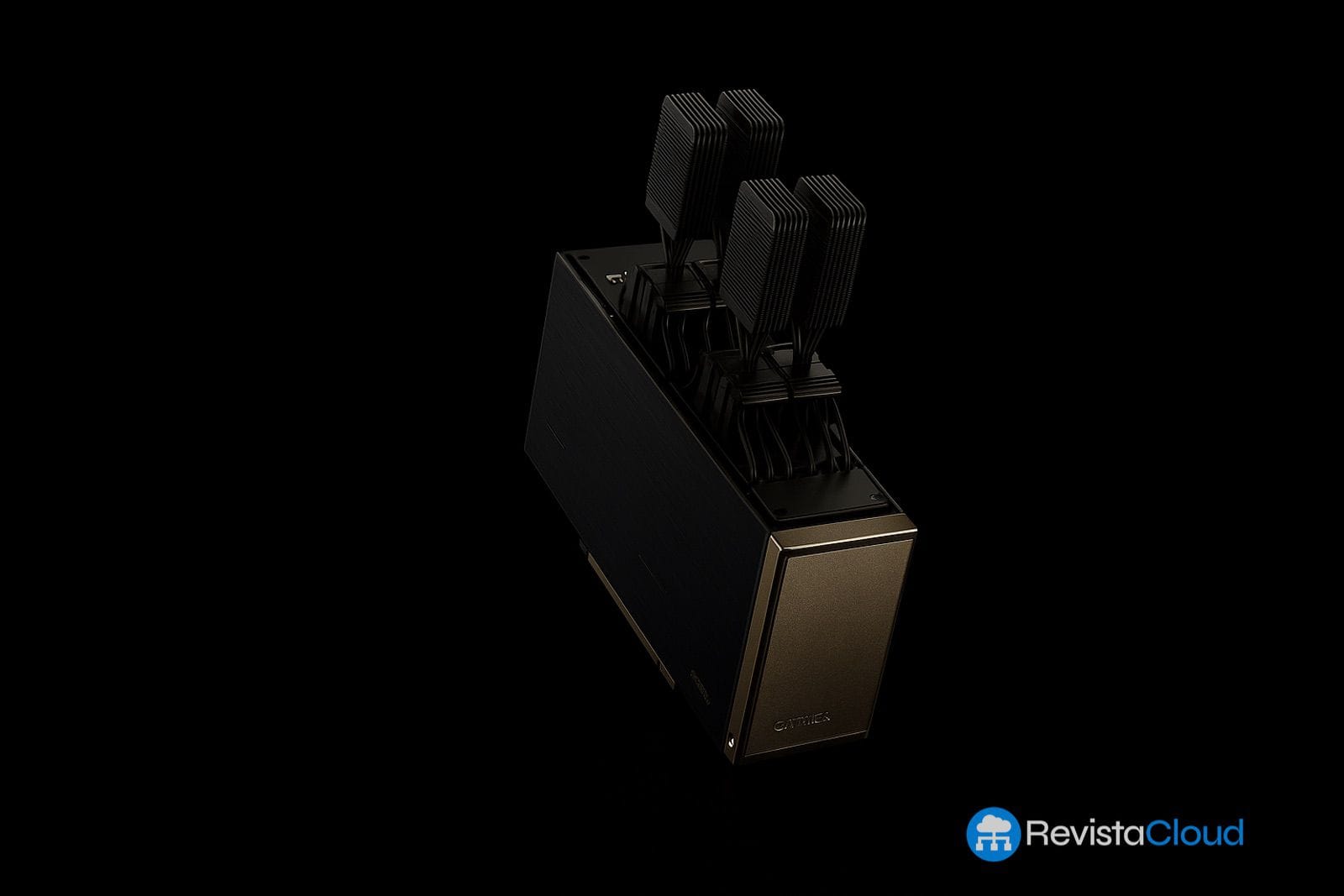The American company is working on modified versions of its artificial intelligence accelerators to bypass the new export restrictions imposed by the United States.
NVIDIA is once again adapting its strategy to maintain its presence in the Chinese artificial intelligence market, one of the most important globally, amid increasing trade restrictions imposed by the U.S. government.
According to the specialized outlet Hardwareluxx, the company is already in talks with key clients in China—such as ByteDance, Alibaba, and Tencent—to introduce modified versions of its AI accelerators that comply with the new export limits.
Limited firmware instead of physical redesigns
Unlike previous generations that required direct hardware modifications (as was the case with the H20 and H800 GPUs based on Hopper), this time the changes will not affect the chip’s physical design. The reason is simple: the new models will be available in June 2025, a timeline incompatible with a complete silicon redesign.
It seems the solution will involve modifying the firmware, reducing features such as memory clock or bandwidth, so that specifications do not exceed the thresholds set by U.S. authorities. Although the exact technical details have not yet been published, industry sources confirm this approach.
New versions for China: H20 and RTX 5090D
One of the adjusted versions expected for the Chinese market is a modified edition of the H20 accelerator, which has already faced previous limitations. Additionally, a GeForce RTX 5090D will be launched, a specific variant of the high-end consumer model designed to meet export restrictions.
Both products are expected to hit the Chinese market by late June or early July.
What about the Blackwell architecture?
For now, NVIDIA does not plan to adapt its new Blackwell architecture for the Chinese market. According to industry analysts, doing so would involve making changes that are too complex or deep, so the company will reserve the Blackwell chips for non-restricted markets, keeping previous generations for the trimmed-down products.
This decision, beyond technical aspects, also addresses economic reasons: it is more profitable to sell the full high-end range outside of China while marketing limited versions in the Asian country.
Restrictions tighten, engineering adapts
The United States continues to tighten control over the export of advanced technology to China, especially concerning computing capabilities for artificial intelligence. Nevertheless, NVIDIA seeks to maintain its position as a strategic supplier in the Asian country, one of its largest markets.
With these maneuvers, the company demonstrates that the technological war is not only fought with new generations of chips, but also with technical ingenuity and regulatory adaptability.

